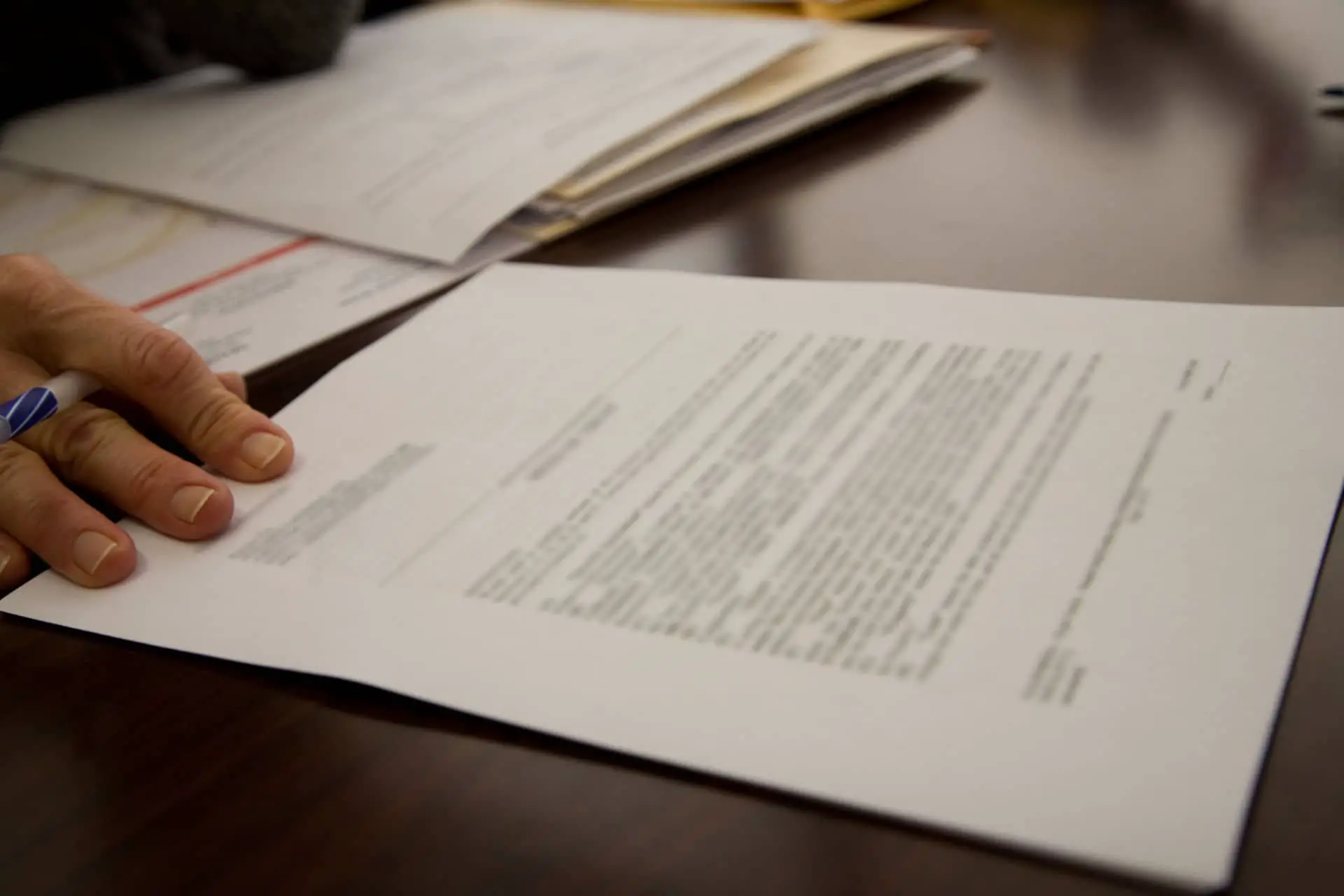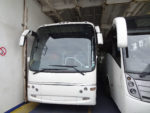New rules have been set out to deal with people setting up home on public and private land without permission — including a potential three-month tolerance period.
The new protocol on unauthorised encampments is set to be approved by Cllr Gary Peace, the Isle of Wight Council’s cabinet member for community safety, as a delegated decision.
Classed as trespassing
Unauthorised encampments, as determined by the policy, is anyone, using a variety of accommodation, who has set up camp on public or private land without the landowner’s permission —and is classed as trespassing.
Currently, the council has no policy or protocol for dealing with this situation which has led to inconsistencies and possible delay to any necessary action.
Situation investigated first
As part of the proposed new protocol, no action will be taken before it has been established why they are there, how long they intend to stay and whether there are any welfare issues.
In the report alongside the policy, officers say such encampments frequently result in poor living conditions and can sometimes be problematic.
Gypsies and travellers
It was stressed the policy is not one for gypsies or travellers, but reports of people setting up unauthorised encampments which may entail the gypsy or traveller community.
Main objectives include supporting the unauthorised campers and encouraging them to behave responsibly, within set guidelines; ensuring inconvenience to locals is minimised and dispersing the camp having carried out proper investigations and assessments.
Tolerance clause
Part of the determination of the camp, if it is on council-owned land, will be to see if the authority will tolerate it for a specific period provided certain criteria are consistently observed.
If the group does not foul, dump, burn rubbish, cause damage, break the law or create any anti-social behaviour — among other criteria — they could be permitted to stay for up to three months.
Case for eviction
Where it is deemed appropriate, proportionate and necessary, the council may evict the group from the land it is on if it meets non-tolerant criteria: it is a health and safety hazard; nuisance to the public in its size, location, nature or duration and likely to cause damage to council land, property or threat employees.
Respond by 5th November
Responses on the policy can be made until 5th November when the policy will be determined.
The full policy can be read on the IWC Website.
This article is from the BBC’s LDRS (Local Democracy Reporter Service) scheme, which OnTheWight is taking part in. Some alterations and additions may be been made by OnTheWight. Ed
Image: nerdcoregirl under CC BY 2.0





